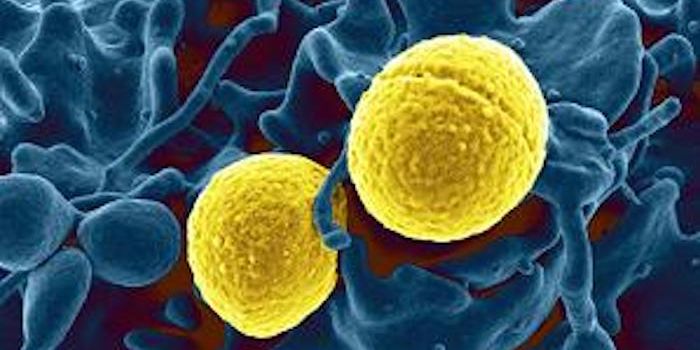A Different Perspective on the Origins of Human Language
Humans have unique linguistic abilities, and a gene that affects speech and language, called FOXP2, is often used as an example of a trait that humans acquired through positive selection, in which evolution favors a characteristic and tends to introduce it. A new study has challenged that idea; after thoroughly assessing the genetics of modern people and Neanderthals, there seemed to be no evidence for selection of FOXP2 specifically to humans. This research changes the way we think humans gained language abilities. The work, reported in Cell, uses more recent data on the entire genome, making it more reliable than previous studies.
A 2002 report found that in relatively recent human history, a sweeping selection occurred that could explain human linguistic abilities, explained said senior author Brenna Henn, a population geneticist at Stony Brook University and UC Davis. Those findings could have indicated why humans quickly flourished in Africa over the past 50-100,000 years. Henn was intrigued by that research and wanted to follow up on FOXP2 with a more detailed study of genetics that included most African groups.
The 2002 paper only used around 20 individuals that were primarily descended from Eurasians. "We wanted to test whether their hypothesis stood up against a larger, more diverse dataset that more explicitly controlled for human demography," she said.
More is known about the FOXP2 gene now as well. It is essential to brain development and helps regulate some muscle movement that produces language. If the gene is deleted, a cognitive impairment happens in which people cannot speak but are normal by cognitive measures.
"In the past five years, several archaic hominin genomes have been sequenced, and FOXP2 was among the first genes examined because it was so important and supposedly human-specific," explained first author Elizabeth Atkinson of Stony Brook University, the Broad Institute of Harvard and MIT. "But this new data threw a wrench in the 2002 paper's timeline, and it turns out that the FOXP2 mutations we thought to be human-specific, aren't."
Using data that was for the most part publicly available, the team assessed the whole FOXP2 gene in both modern and ancient human genomes. They also looked at the genetic region where the gene sits. Although they applied a variety of statistical tests, they were unable to replicate the finding that FOXP2 underwent positive selection in people.
This methods in this paper could be used as a model for other groups that are studying human evolution, suggested the researchers.
"We're interested in figuring out, on a genetic level, what makes us human," Henn added. "This paper shows how important it is to use a diverse set of humans in studying the evolution of all of us as a species. There's a severe Eurocentric bias in a lot of medical and other scientific studies, but we've found a scientific impetus for emphasizing diversity and inclusivity in data collection because it clearly yields more accurate results."
Spoken language doesn’t leave a trace, and writing is a relatively recent invention. So we don’t have tangible evidence of spoken language from ancient human history as we do with other historical inquiries. This introduction discusses that, and other reasons why it's difficult to study the origins of human language. There are multiple talks following this one, which can be viewed by checking out the sidebar of the video’s YouTube page.
Sources: AAAS/Eurekalert! Via UC Davis, Cell









